Although the ruling coalition retained control of three of the six states, official results showed the opposition won more votes and posed a challenge to Prime Minister Anwar Ibrahim.
Malaysia's ruling coalition, the Pakatan Harapan (PH) and the Barisan Nasional (BN) coalition (hereinafter referred to as the PH-BN coalition), retained control of three of the six states after local legislative elections on August 12, although official results showed the opposition gaining more votes and posing a challenge to Prime Minister Anwar Ibrahim .
According to a VNA reporter in Kuala Lumpur, Prime Minister Anwar's PH-BN coalition won a total of 99 seats and the opposition National Alliance (PN) led by former Prime Minister Muhyiddin Yassin won a total of 146 seats.
Data from the Election Commission of Malaysia shows that in Selangor state, the PH-BN alliance won 34 seats, PN won 22 seats; in Penang state, the PH-BN alliance: 29 seats, PN: 11 seats; in Negri Sembilan state, the PH-BN alliance: 31 seats, PN: 5 seats; in Terengganu state, PN won all 32 seats; in Kelantan state, the PH-BN alliance: 2 seats, PN: 43 seats; in Kedah state, the PH-BN alliance: 3 seats, PN: 33 seats.
Thus, Prime Minister Anwar's PH-BN alliance won in three of the states it controlled before the August 12 vote - including Malaysia's richest state, Selangor, which surrounds the capital Kuala Lumpur.
Meanwhile, the opposition PN bloc also took control of three states by establishing a deep influence over the indigenous Malays.
Commenting on the vote results, Prime Minister Anwar stressed that his ruling coalition will "continue to strive to serve the people, in line with the desire to build Malaysia."
Opinion polls conducted ahead of the August 12 election also showed Malaysian voters were concerned about economic issues such as rising prices, slowing growth and a weakening ringgit.
The results of the elections in six states - Selangor, Penang, Negeri Sembilan, Kelantan, Terengganu and Kedah - will not directly affect Prime Minister Anwar's two-thirds majority in Malaysia's parliament , but observers also see this as a referendum on his nine-month-old coalition government.
Polling stations opened at 8:00 a.m. on August 12 (7:00 a.m. Hanoi time). More than 9.7 million voters are eligible to vote to elect 245 members of the legislature of the six states mentioned above.
During the two-week election campaign, Prime Minister Anwar Ibrahim pledged to increase financial subsidies for rice farmers, aid economic development and create job opportunities./.
Thanh Trung-Minh Tuan (Vietnam News Agency/Vietnam+)
Source link



![[Photo] Party and State leaders visit President Ho Chi Minh's Mausoleum](https://vphoto.vietnam.vn/thumb/1200x675/vietnam/resource/IMAGE/2025/5/19/d7e02f242af84752902b22a7208674ac)
![[Photo] Party and State leaders attend the special art program "You are Ho Chi Minh"](https://vphoto.vietnam.vn/thumb/1200x675/vietnam/resource/IMAGE/2025/5/18/6895913f94fd4c51aa4564ab14c3f250)
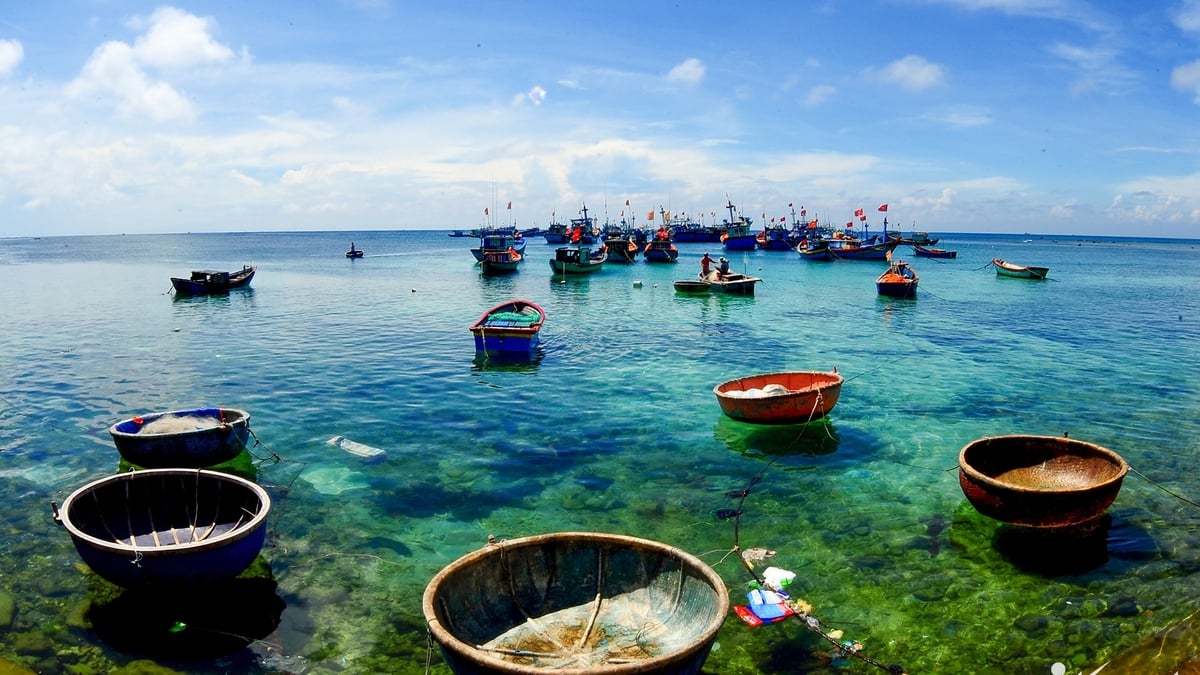
![[Photo] Special flag-raising ceremony to celebrate the 135th birthday of President Ho Chi Minh](https://vphoto.vietnam.vn/thumb/1200x675/vietnam/resource/IMAGE/2025/5/19/1c5ec80249cc4ef3a5226e366e7e58f1)

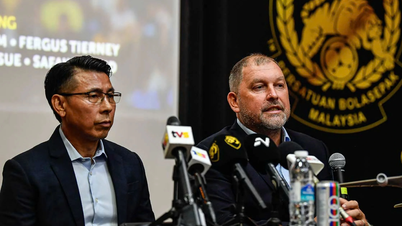



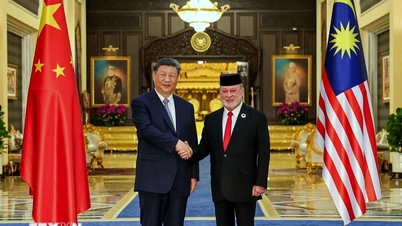







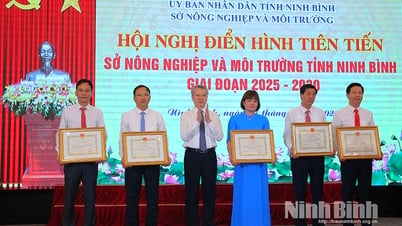
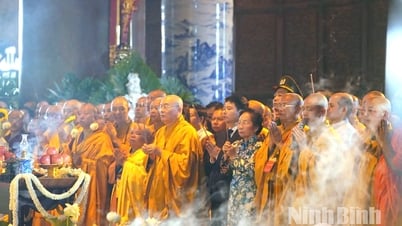

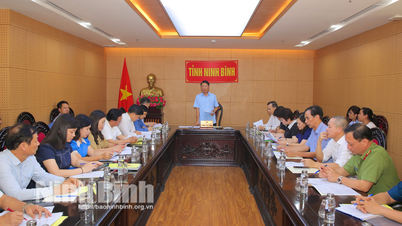
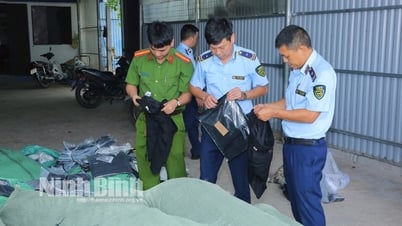
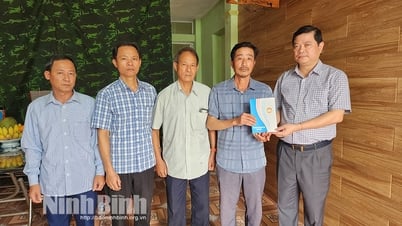




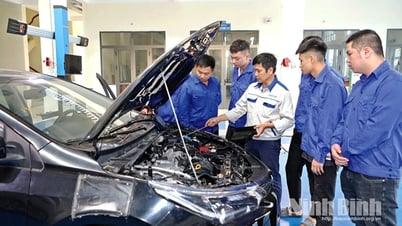
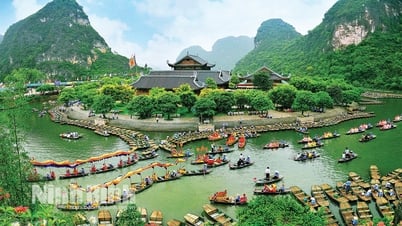
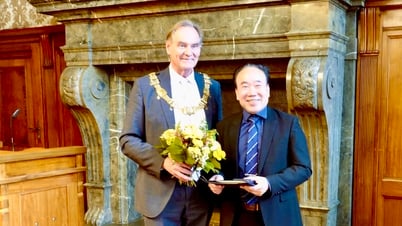
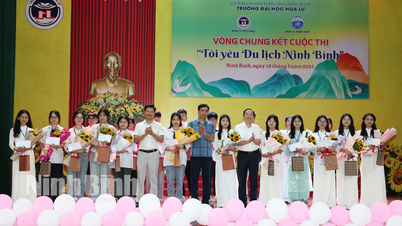
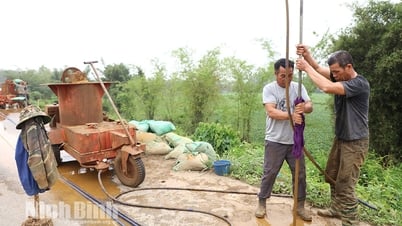
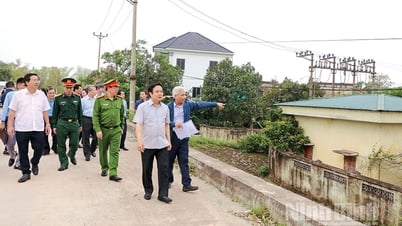
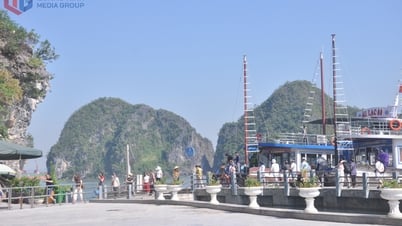















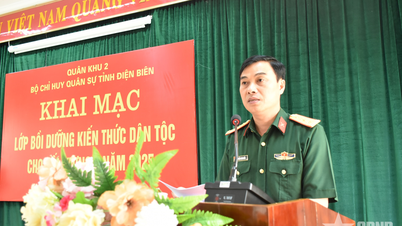



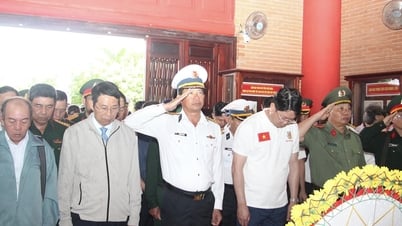
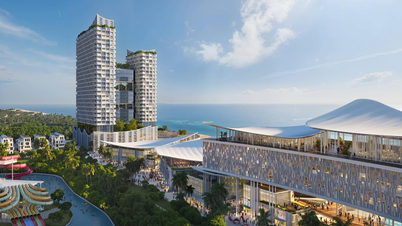

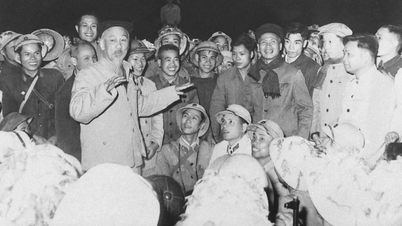

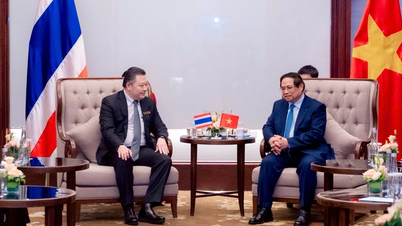
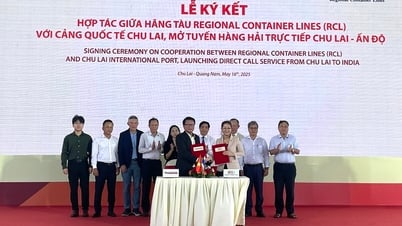





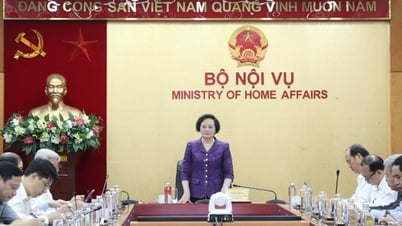

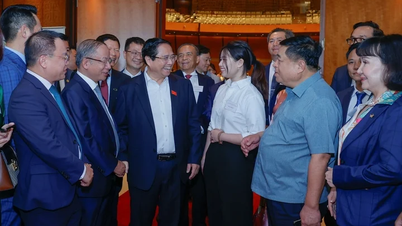

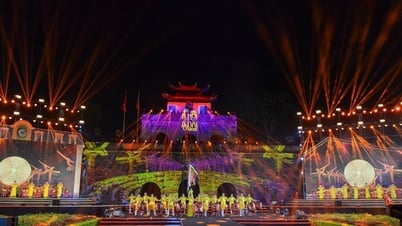


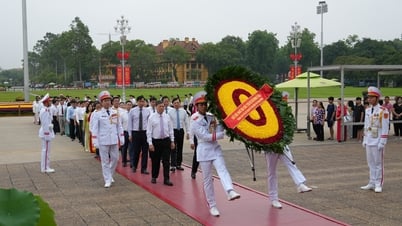

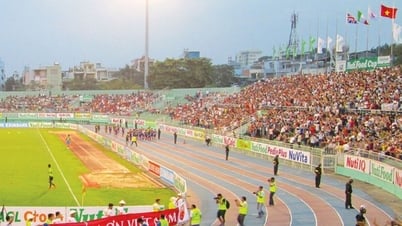
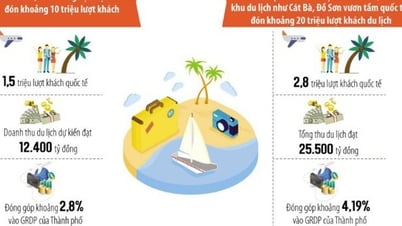
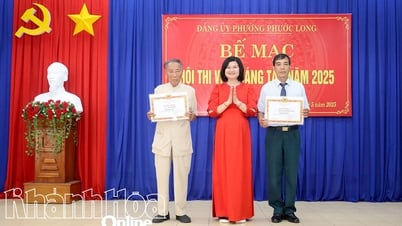

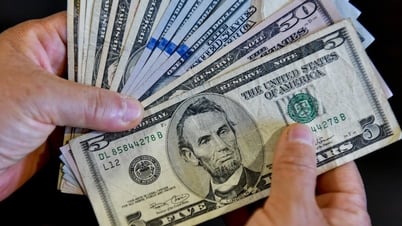

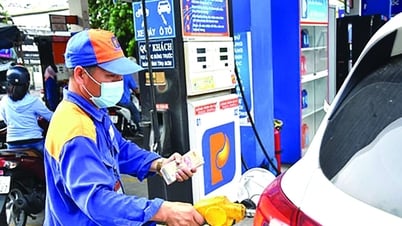
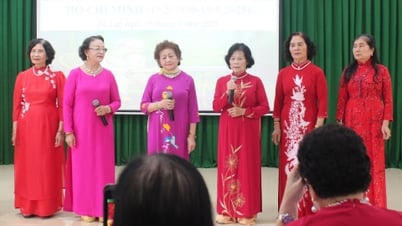

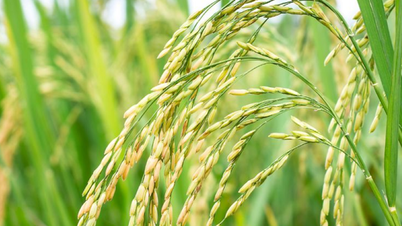











Comment (0)